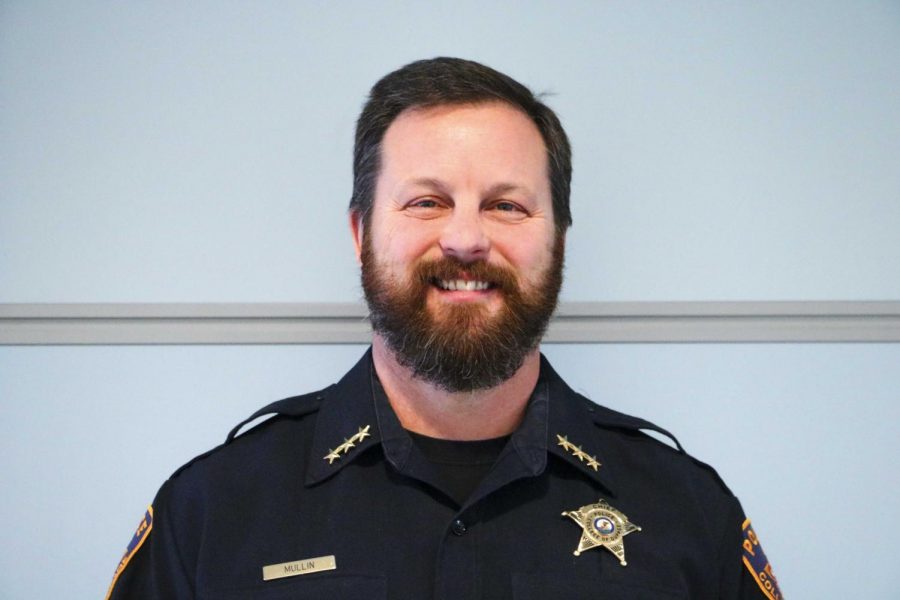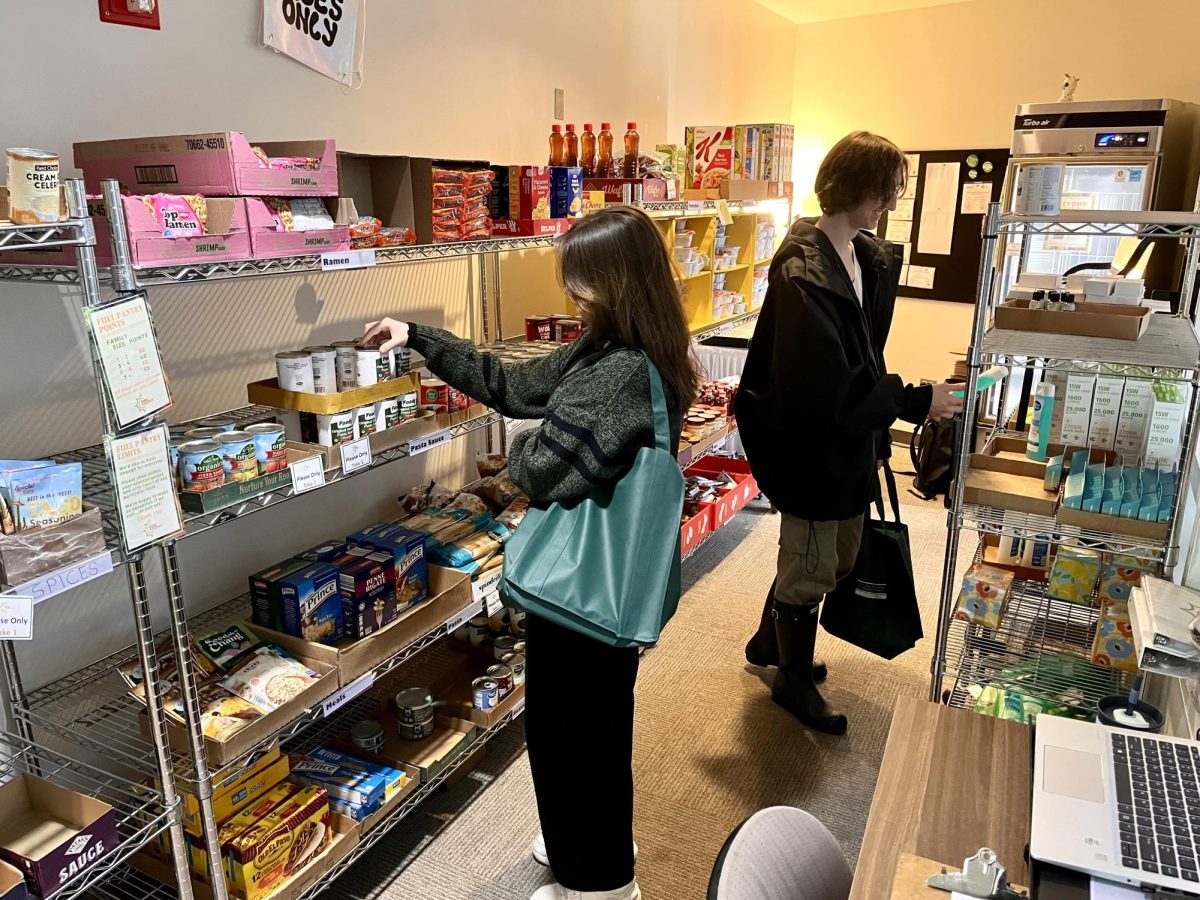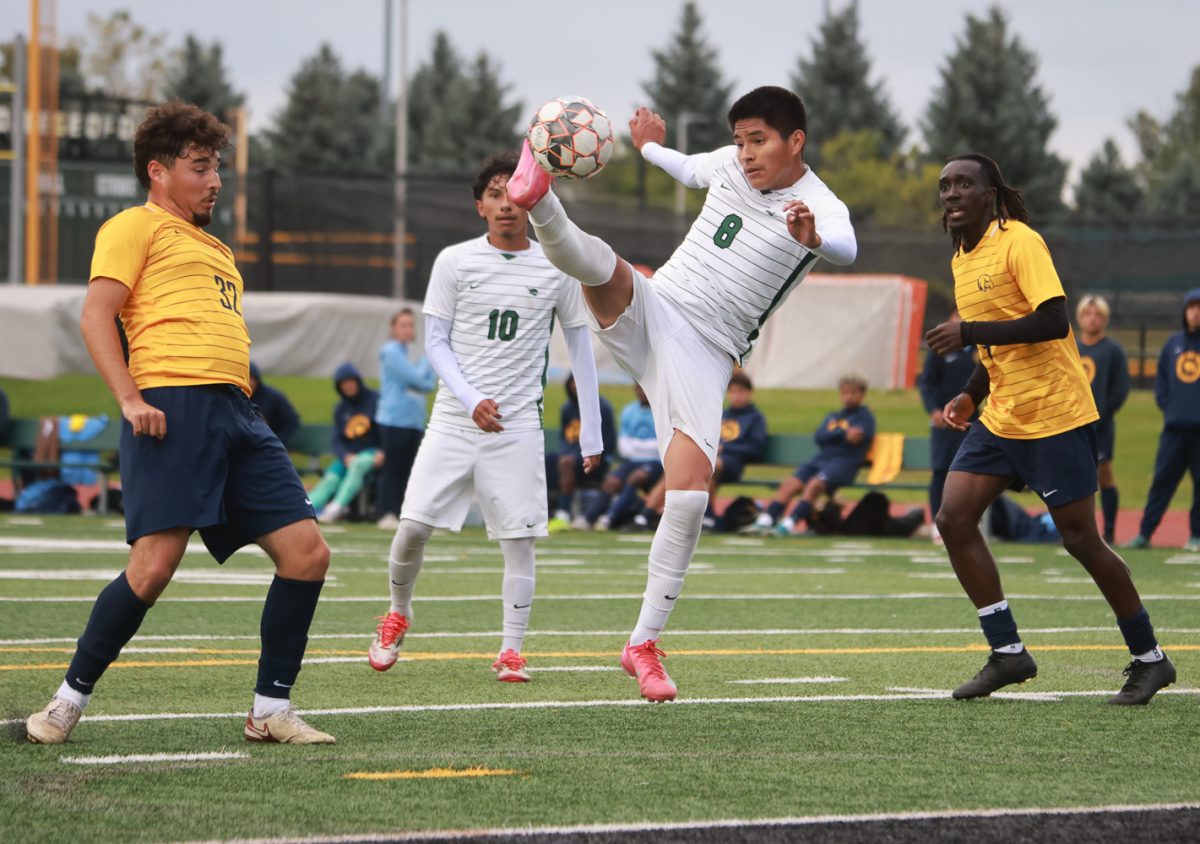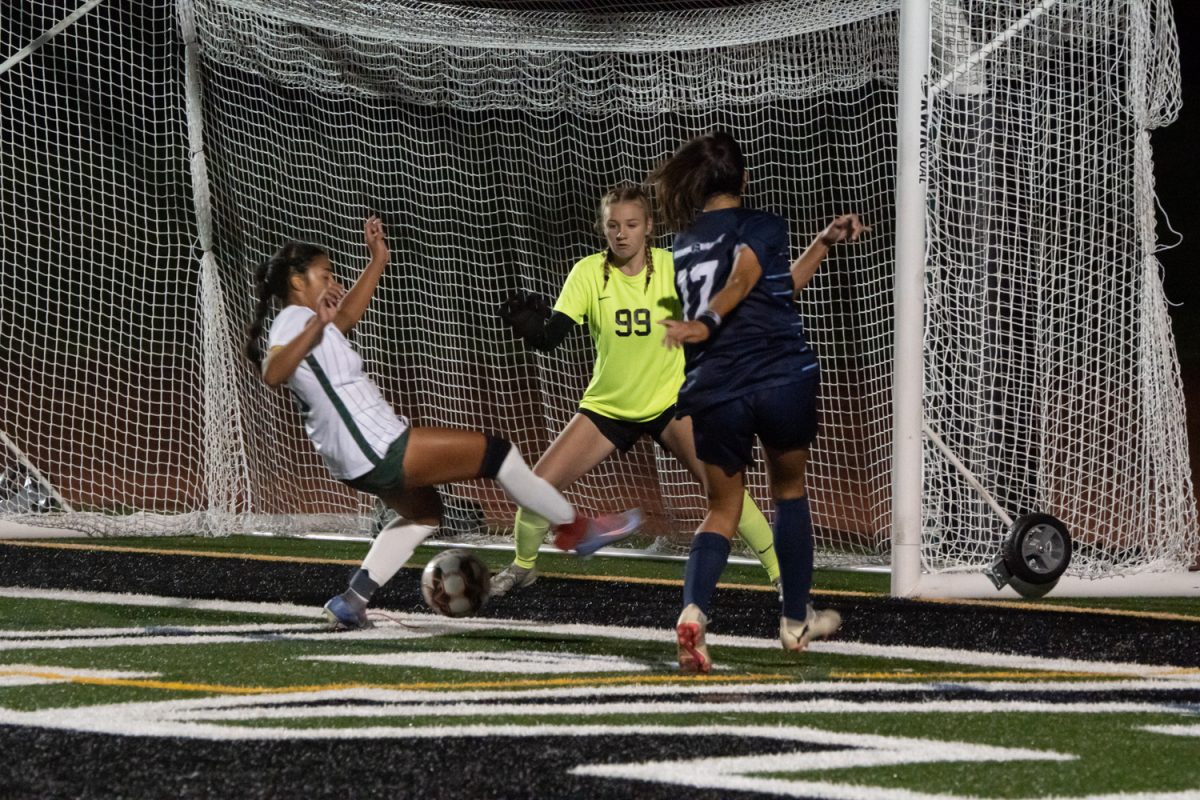What COD is doing to guard against a mass shooting tragedy
COD Police Chief Joseph Mullin
February 27, 2018
Safety on college and high school campuses is a major discussion among politicians, educators and stakeholders after a mass shooting at a school in Florida. Police Chief Joseph Mullin talks about safety at College of DuPage:
Vandy Manyeh: What are the best strategies to keep a large community college like COD prepared and protected?
Joseph Mullin: The best strategies involve having everyone participate in creating a safe environment by understanding what to do in an emergency and what we can look for as signs of trouble prior to such an event. We all have a role to play, whether it is creating emergency plans or training to respond in accordance with best practices. We all can observe what goes on around us and report things that seem out of place. We all should know what to do in an emergency.
VM: What programs are in place at COD to have students and faculty ready for an unforeseen violent event?
JM: The College of DuPage Police Department, in conjunction with the Teaching and Learning Center, regularly offers a series of active violence preparedness classes designed to enhance the survivability of a violent event. In addition, the police department has developed a student active violence preparedness class and will soon be offering a women’s self-defense class. The college is in the process of rewriting our Emergency Operation Plan, which creates a guideline and provides direction in order to mitigate and manage possible causes of disruption to the college.
VM: Do you think it is a great idea to require students to have a college ID while on campus? How safe are students when they are seated in a classroom?
JM: Although the college is a safe place, the police department relies heavily on the college’s employees, students and community members to be the eyes and ears of the community. If you see or hear something that is alarming, concerning or threatening, say something.
VM: How responsive is the student body to the police department’s current safety measures?
JM: Increasing student awareness and participation in violence prevention is the single most effective action that the college can take. The overall responsiveness of the student body is contingent upon the level of preparedness. Students should become familiar with emergency procedures by reviewing emergency procedure flip charts located in each classroom, attending preparedness classes offered by the police department, and by watching the College’s safety video at http://www.cod.edu/multimedia/safety/.
VM: We have a safety app for students and faculty here at COD. How many persons actually use the app?
JM: All College employees and students are automatically registered to receive COD Alerts – emergency notification text messages. The Rave Guardian app is also available to all students and employees, offering a safety timer, the ability to send a tip or text message directly to the police department, and the ability to call the College of DuPage Police Department. The app is available for both Apple and Android devices. The police department offers training related to the Rave Guardian app at New Student Orientation. The Rave Guardian app is highly encouraged. A user can load it themselves easily by going to the Apple Store or Android Google Play and searching for it by name. You must know your COD email to subscribe.
VM: How many police officers are deployed on campus at any time of the day?
JM: The number can vary from two patrol officers to as many as 10 or more, depending on the day’s events.
VM: What is the status of the escort service on campus? How can a student request an escort service?
JM: The police department has and will continue to offer escorts to students and employees. Escorts can be requested by contacting the College of DuPage Police Department by calling 630 942-2000, or by visiting either of the police department’s locations in the SRC (SRC 2100), or in the HEC (HEC 1040).
VM: How functional are the blue light emergency phone stations and cameras around campus?
JM: Although very rarely utilized the call-box emergency stations are functional and reliable. However, like any electronic system, they do experience malfunctions. They are checked monthly and repairs addressed. There are a few that have experienced long-term failures due to complications, but the system remains as a backup for users who need a communication method other than cell phones.
VM: Do you think it is necessary for students to bring self-defense materials with them like a pepper spray to campus? What does the law say about that?
Bringing self-defense tools to the college may not be necessary, but the police department would never discourage a member of the community from attempting to prepare themselves by carrying a self-defense tool, as long as the tool does not violate state statutes or college policy. For information regarding College policy related to weapons: https://www.cod.edu/about/board_of_trustees/pdf/board_policies.pdf
VM: What are your top 5 safety tips?
- Know and understand “Run, Hide, Fight.
- Always be aware of your surroundings; who’s around you, what’s happening around you, where your exit points are.
- Limit use of headphones and cell phones while walking throughout the campus. Headphones and cell phones prevent you from exercising situational awareness.
- Keep your strong hand (dominant hand) free while walking. This allows you to react, in self-defense, more efficiently.
- If you see something, say something.




















